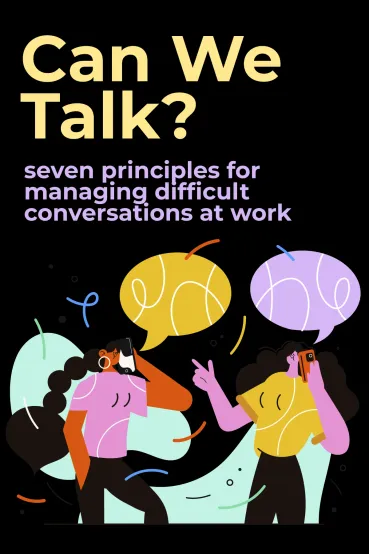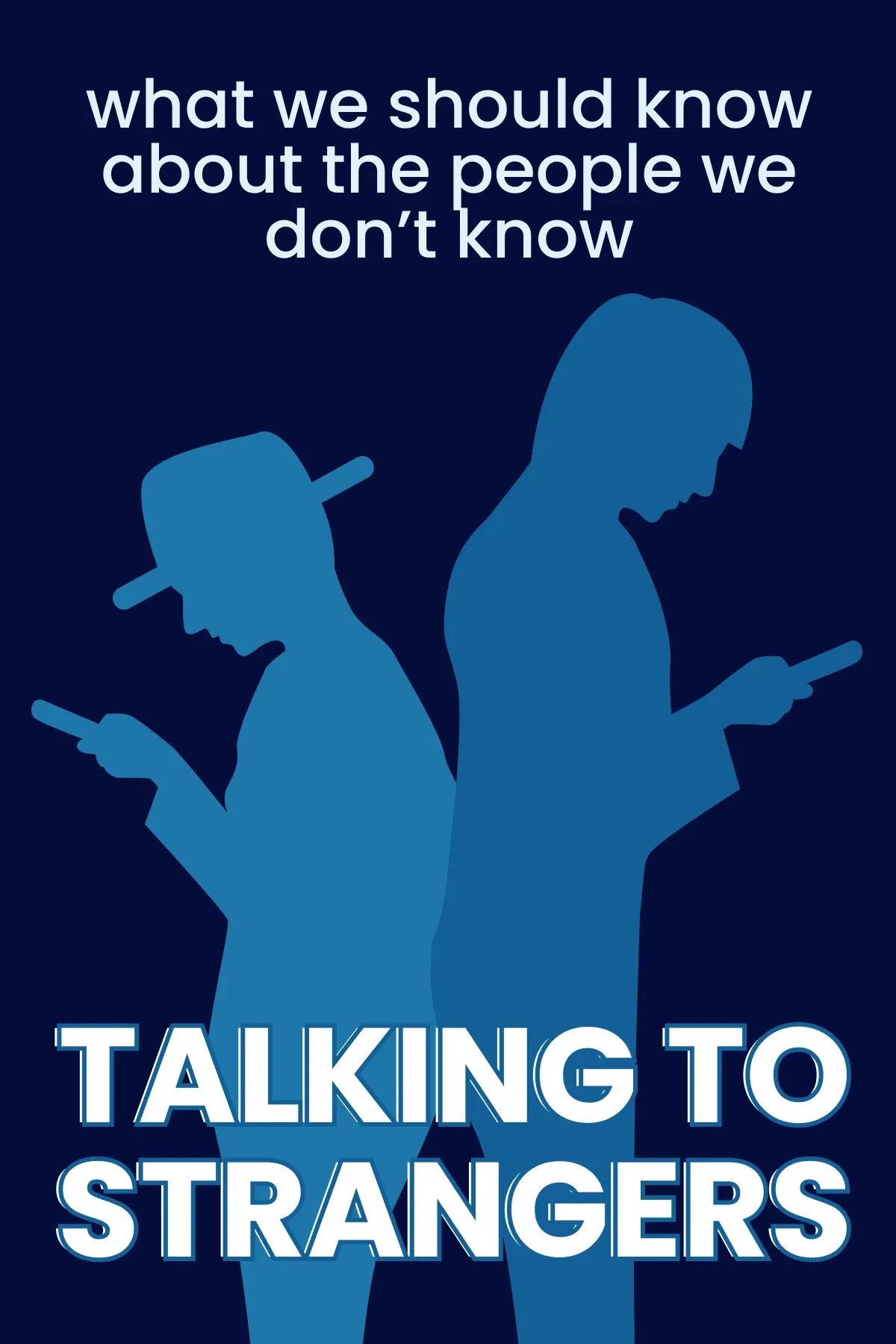
Can We Talk?
Brief Summary
“Can We Talk?” by Roberta Chinsky Matuson is a guide that will revolutionize how you communicate and connect with others. In this compelling book, Matuson combines her extensive expertise in leadership and communication. You will get invaluable insights and practical strategies for fostering effective and meaningful conversations.
Key points
Key idea 1 of 8
Are you ready for a communication game-changer? Although many people think there's a manual for navigating tough workplace conversations, there is not.
Nevertheless, finding a perfect approach for your colleagues is not that puzzling. You just need to understand the seven principles of effective workplace communication. They can make those difficult conversations a piece of cake. First, the success of communication relies on your self-assurance. The power of confidence is the main principle in handling challenging situations.
Consider Sarah, a software developer. Despite her increased workload and valuable contributions, she lacked the confidence to ask for a promotion. Instead, she replayed countless scenarios in her mind, anticipating potential rejection. Unfortunately, this self-doubt led her to abandon the idea of making the request. Had Sarah mustered the confidence to initiate the conversation, her manager might have granted the promotion. The lesson here is that we cannot accurately predict others' reactions.
In actuality, a lack of confidence can lead to disregarding our instincts. It can also have detrimental effects on working relationships. Let's look at James, who received feedback on a project. James knew he had made mistakes and should take responsibility by apologizing. However, his lack of confidence caused him to lay the blame on external factors. Unfortunately, this avoidance strategy eroded trust and damaged his relationship with his colleagues.
On the flip side, when we inspire confidence in others, our difficult requests become more reasonable. Take Lisa, a new team member who needed time off for personal reasons. She confidently approached her team leader and assured them that she would complete their assigned tasks later. Instantly, her team leader approved her request. The thing is that Lisa had already established trust. She consistently met deadlines, actively participated in team projects, and demonstrated reliability. Without this track record, her request for time off might have appeared less genuine.
Now, you may question whether individuals lacking self-confidence should give up on difficult conversations. Absolutely not! Confidence is not an inherent trait but a skill that we can develop. Start each day with positive affirmations that align with your ambitions and intentions. Embrace statements like "I can overcome any challenge," "I possess the skills necessary for success," or "I am confident in my capabilities." With a confident mindset, challenge yourself to engage in difficult dialogues. Begin by addressing easier issues on your to-do list and progress towards more significant challenges. By embracing these principles, you will enhance your ability to navigate tough conversations.
FAQ
You may also like these summaries











